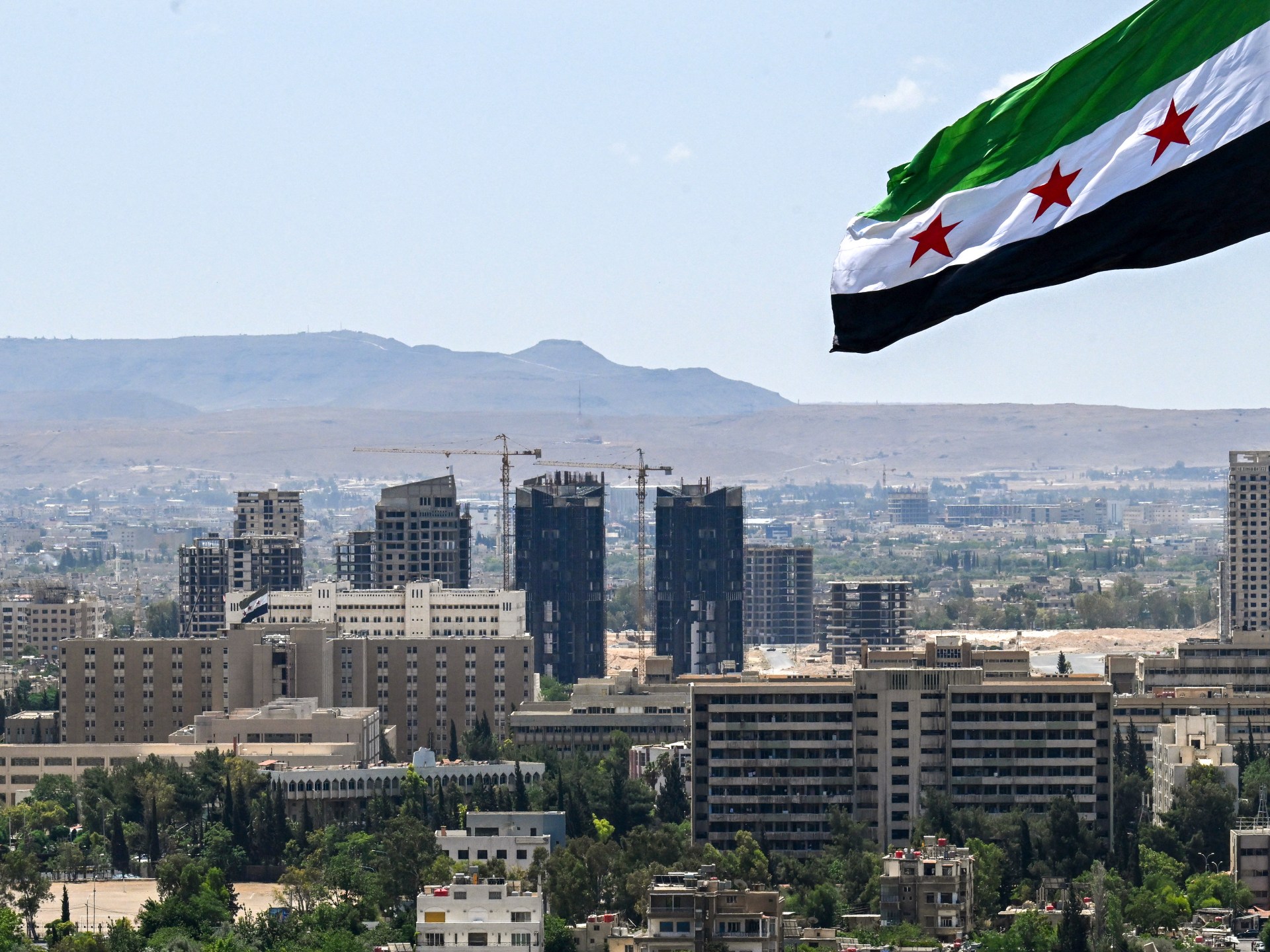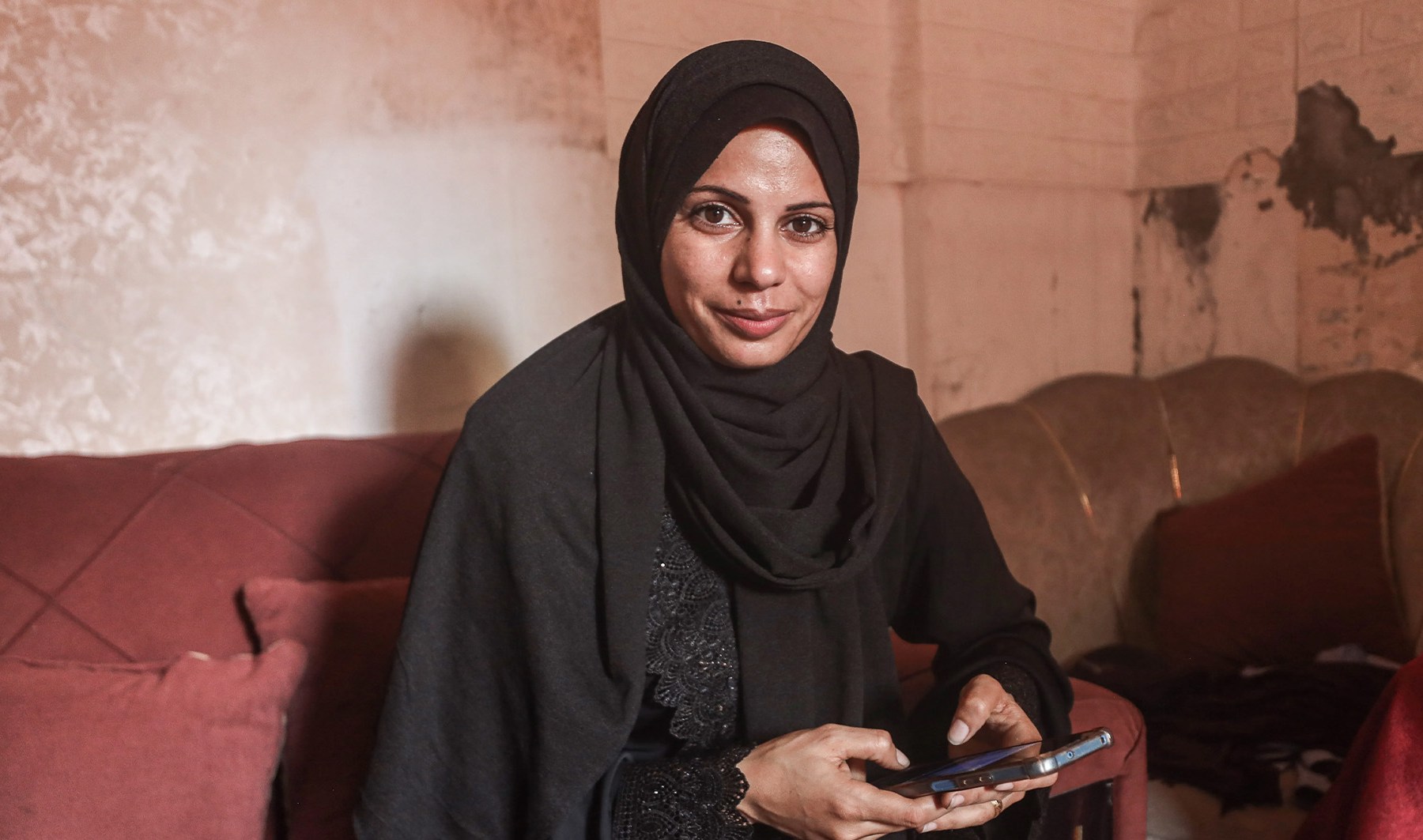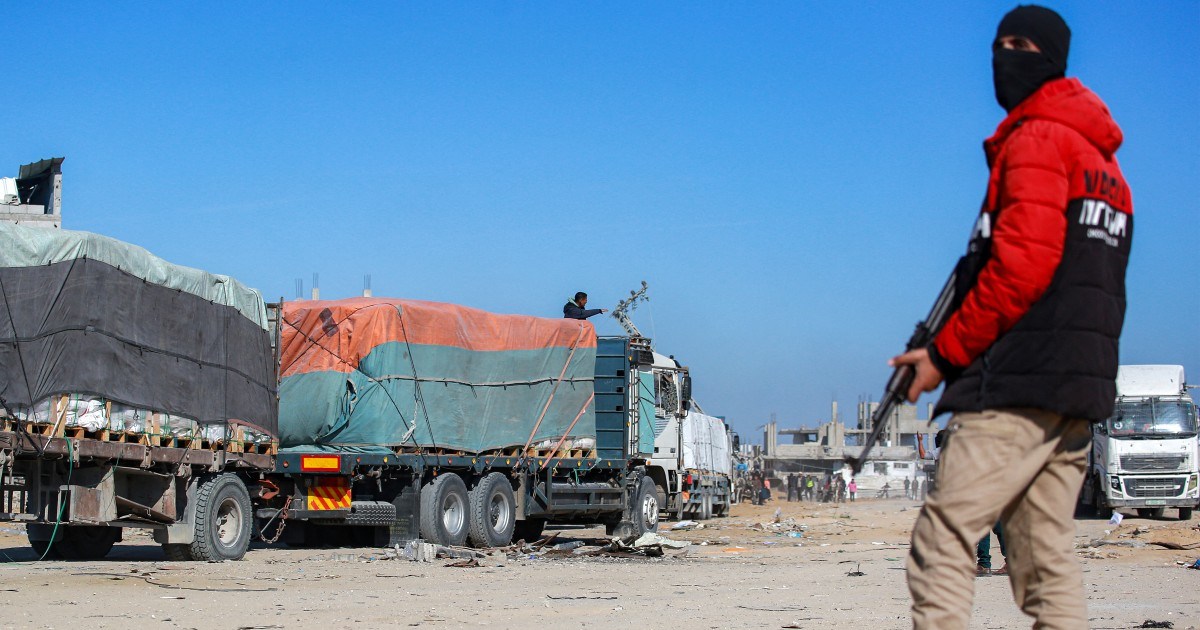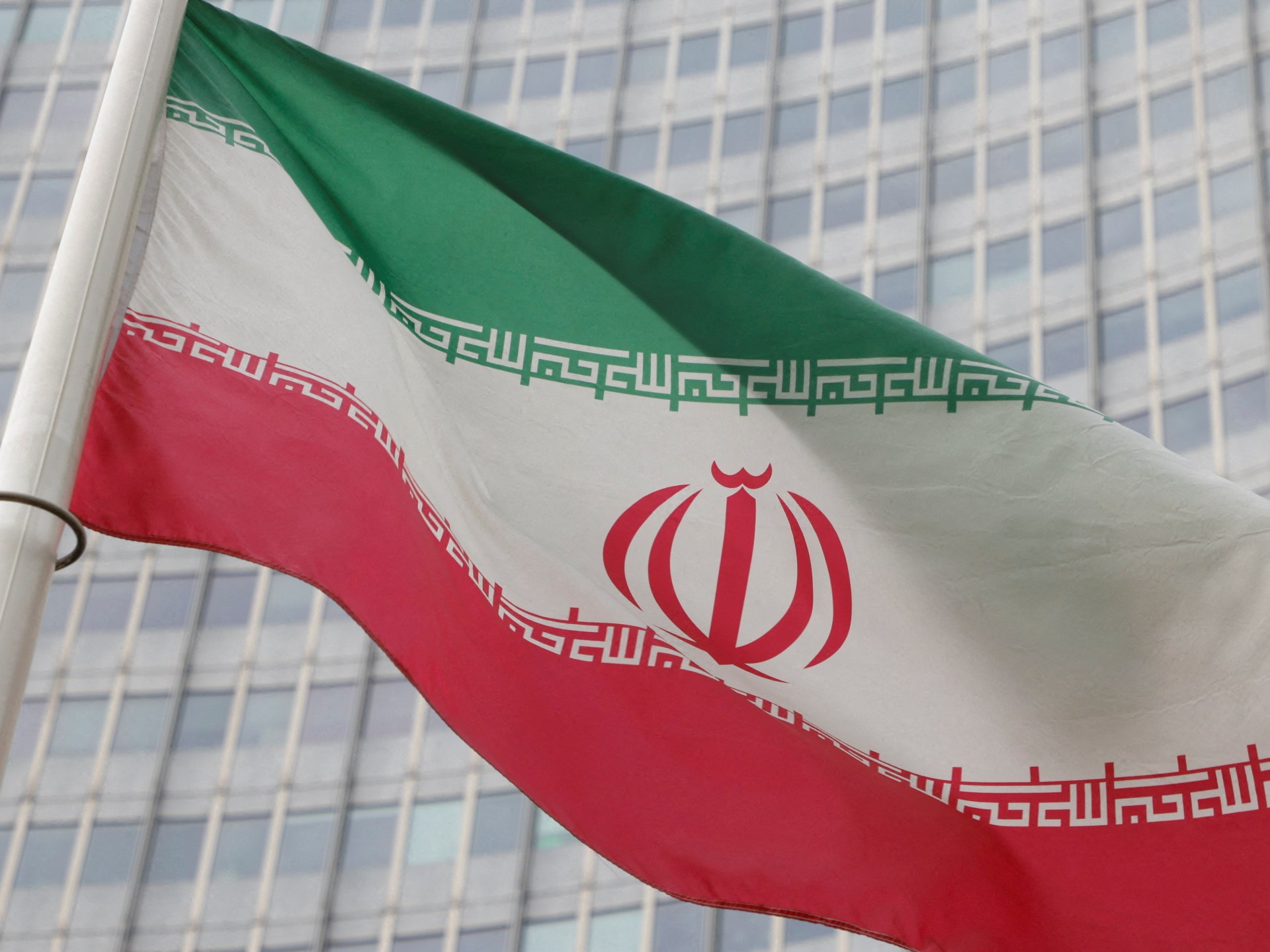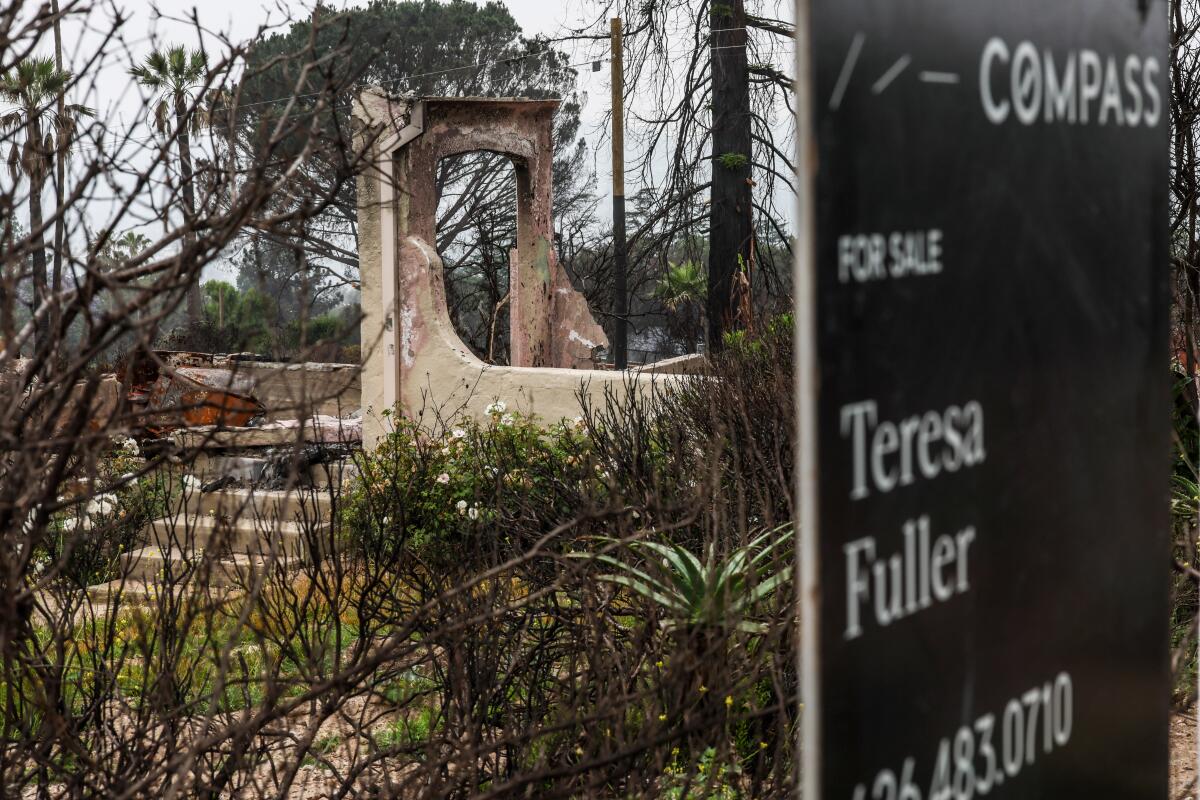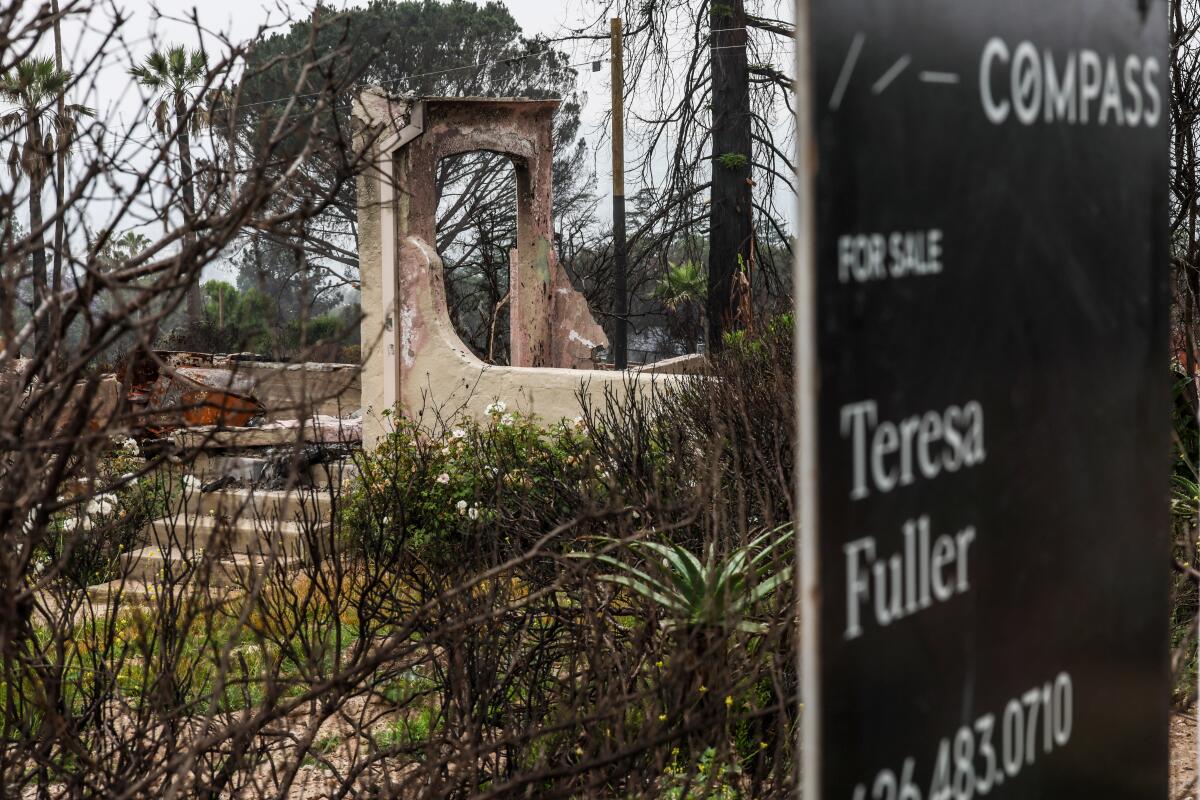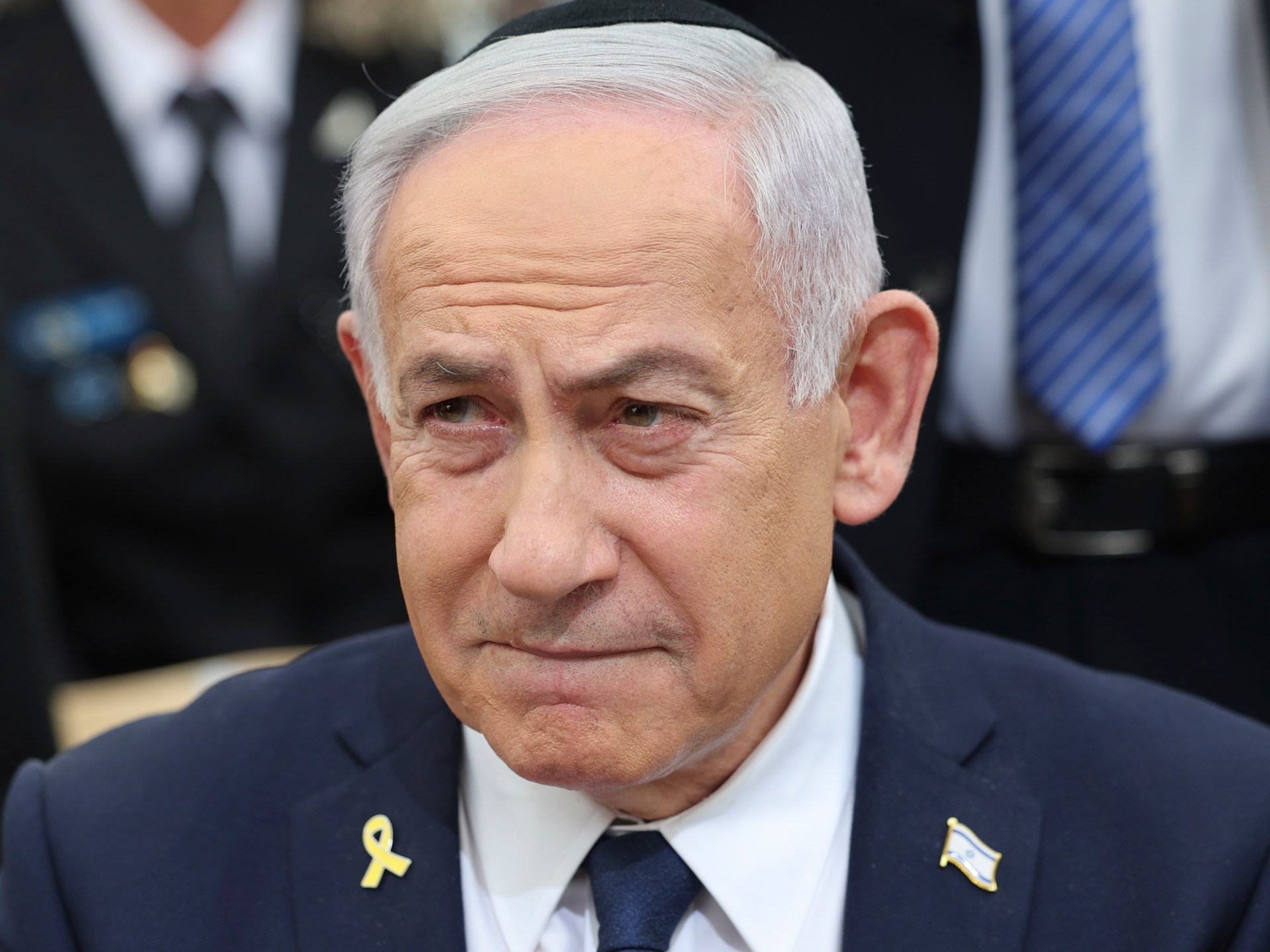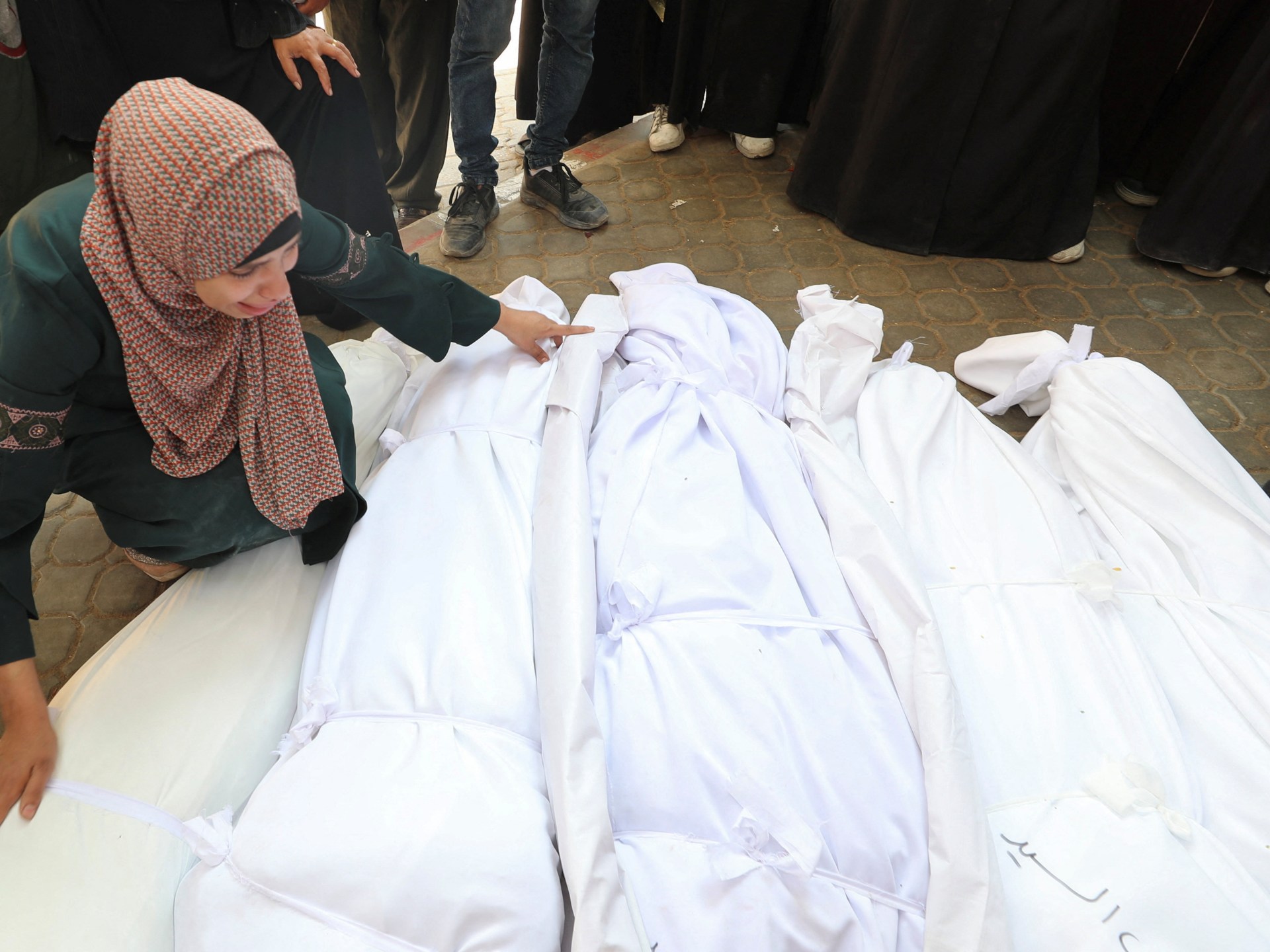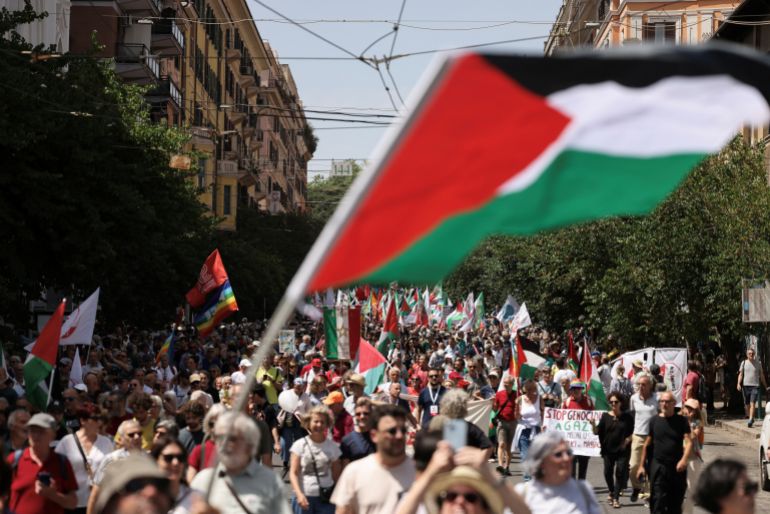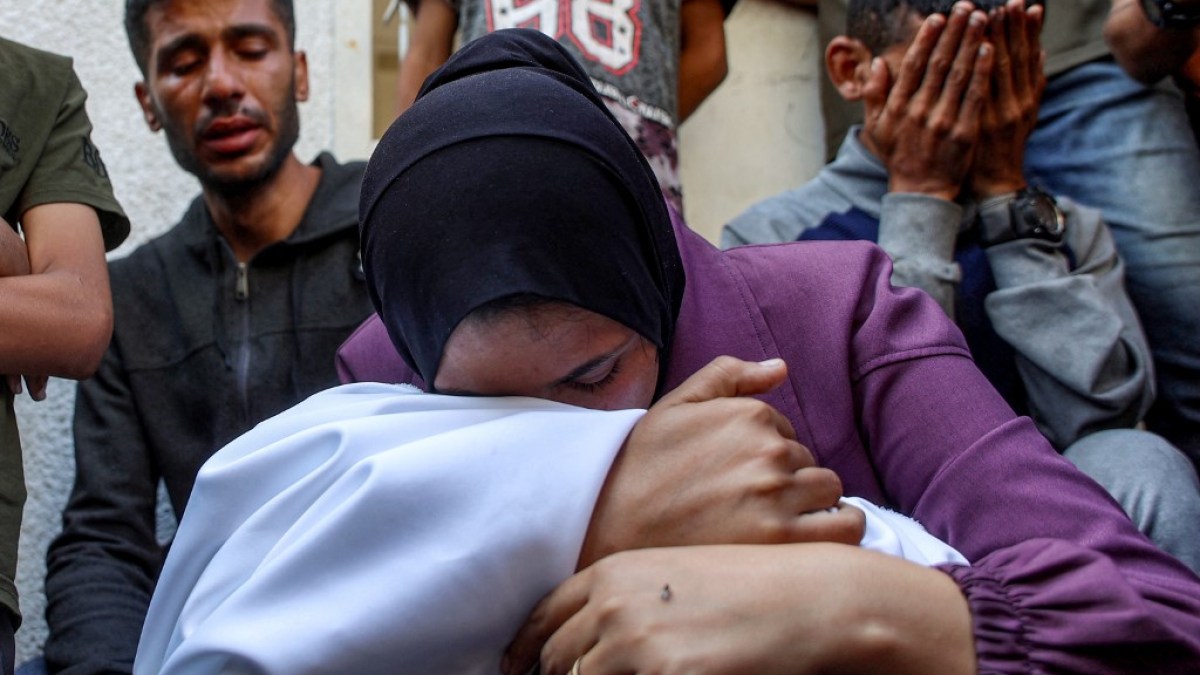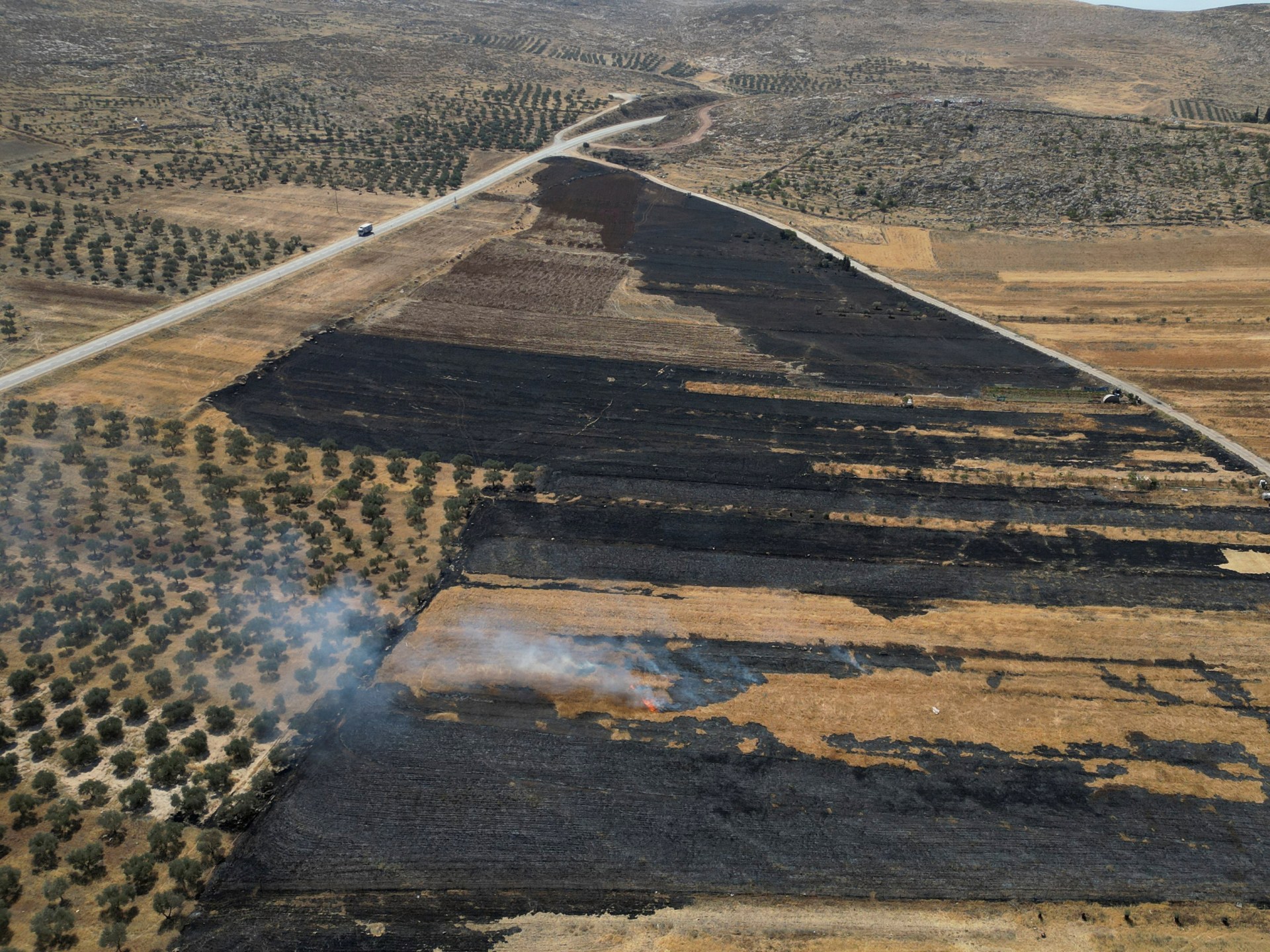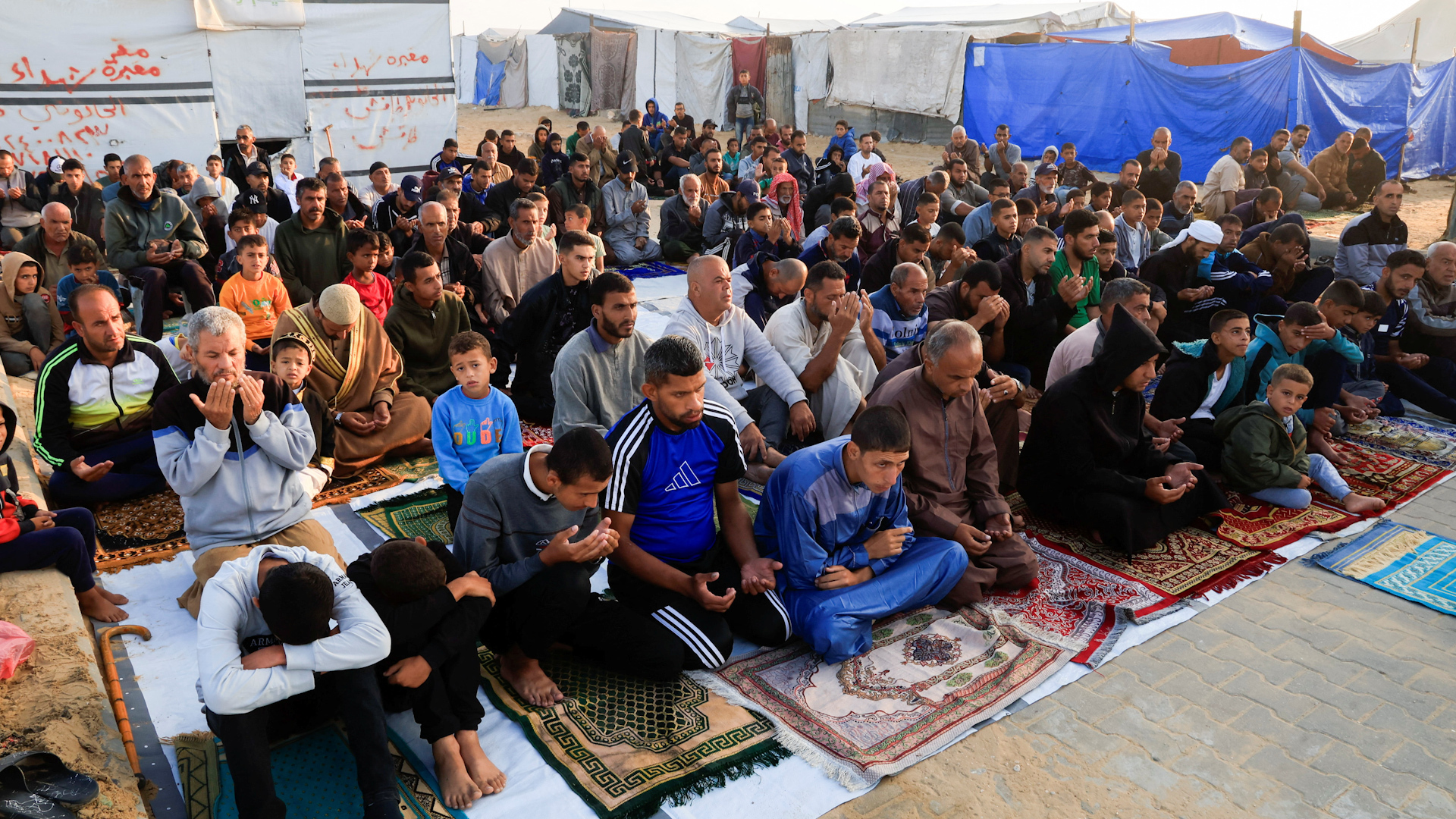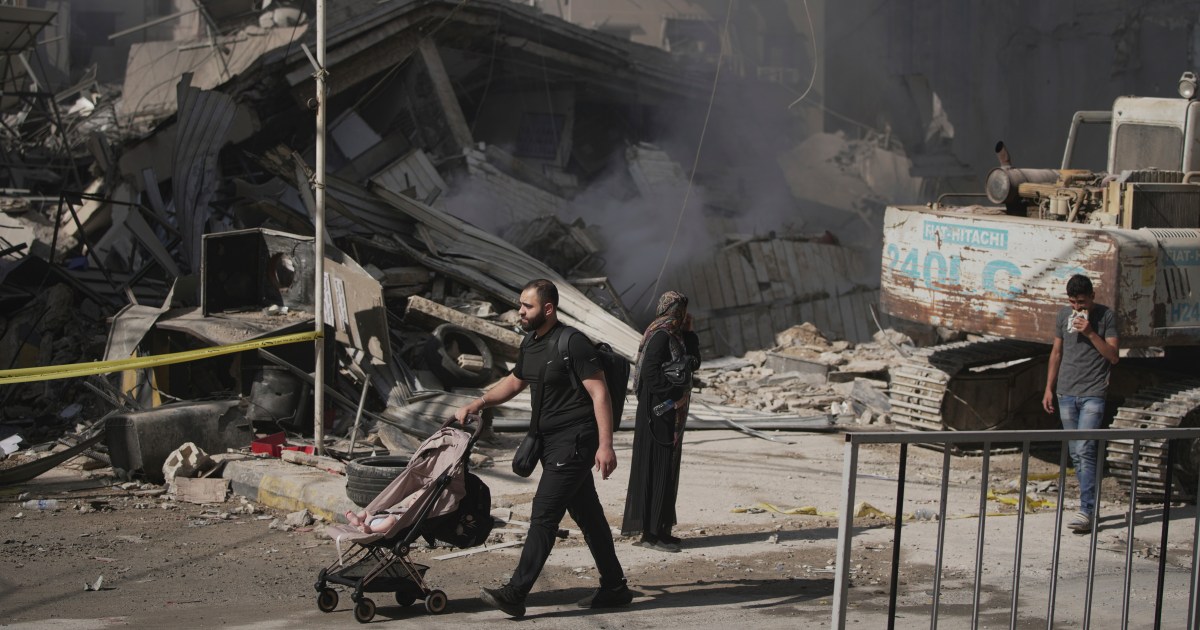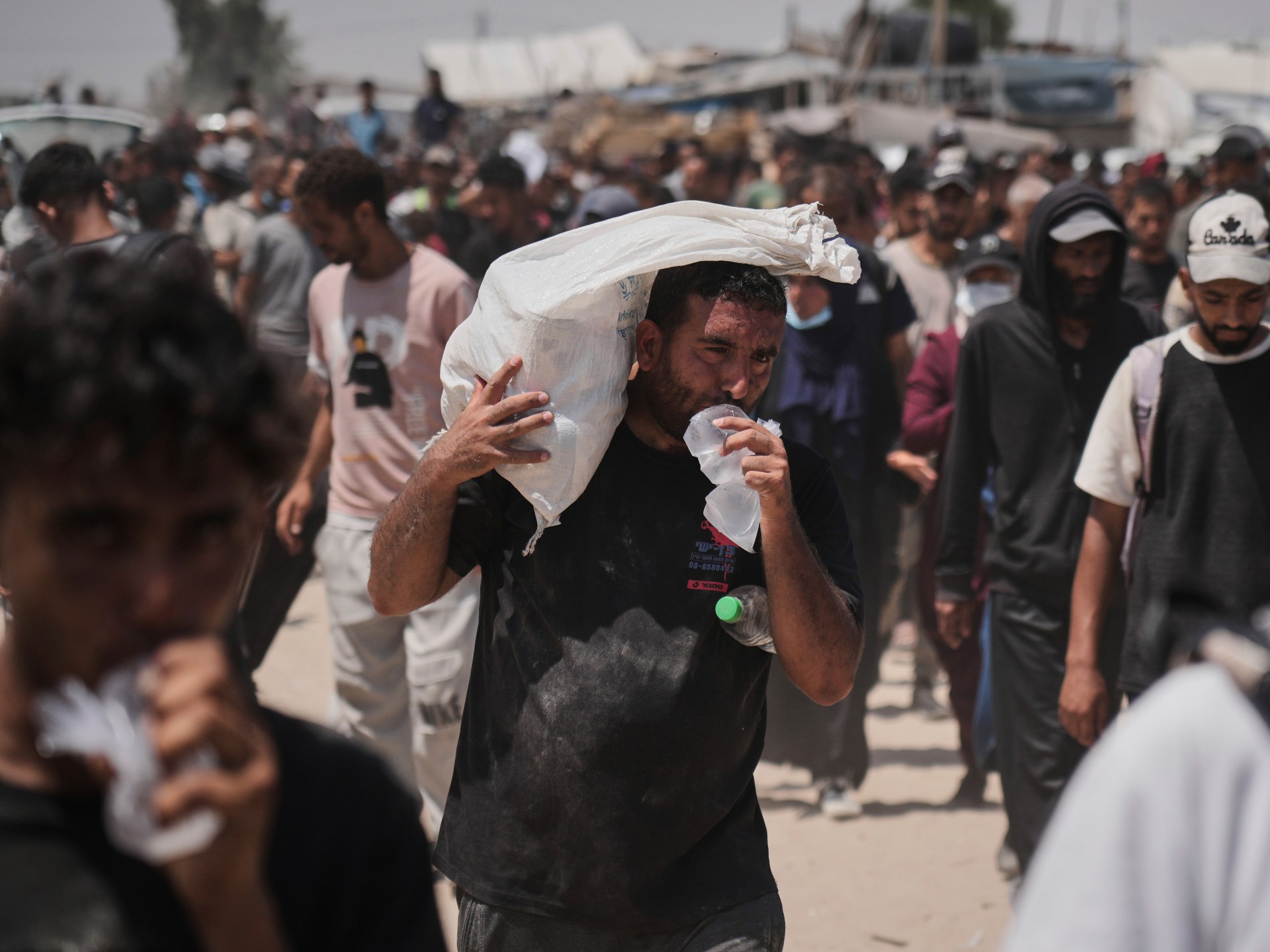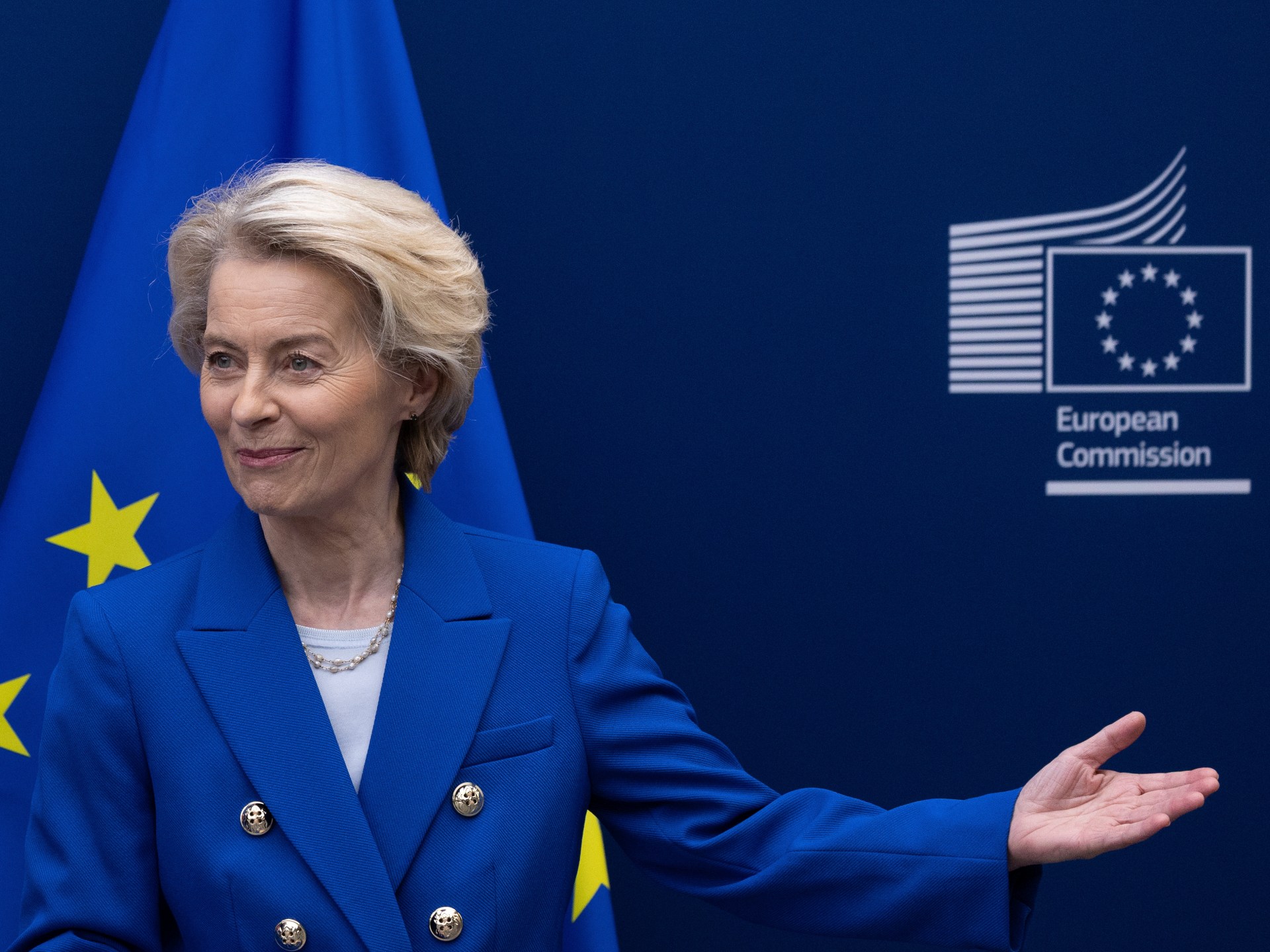Trump’s immigration hammer bonks L.A. When will it smash down?
For months, Donald Trump and his deportation dream team — border czar Tom Homan, White House deputy chief of staff Stephen Miller and Homeland Security head Kristi Noem — have warned any city, state or county that seems even somewhat sympathetic to illegal immigrants that their day of reckoning will come.
For Los Angeles, it’s now.
Since Friday, the city and its suburbs have seen federal officers from various agencies face off against protesters who have unsuccessfully tried to stop them from conducting workplace raids or transport people suspected of being in this country illegally to detention facilities.
The scenes haven’t been pretty.
Federal agents have used flash-bang grenades and tear gas to disperse crowds from Paramount to downtown to the Garment District. They even arrested SEIU California President David Huerta for allegedly blocking a federal vehicle. Protesters, meanwhile, have fought back with rocks, bottles and fireworks. A row of Waymos was set on fire near Olvera Street on Sunday afternoon, emitting an eerie swan song of honks. A fleet of Highway Patrol vehicles parked near a 101 freeway underpass was pelted by protesters from above with cement shards, e-scooters and even paper set on fire.
In the proverbial thick of it are the Los Angeles police and L.A. County Sheriff’s departments, whose leaders have continuously stressed that their agencies aren’t involved in any immigration actions even as they have assisted la migra by keeping crowds away with batons and less-than-lethal rounds.
Some of the 2,000 National Guard troops Trump called up over the strenuous objections of Gov. Gavin Newsom and Mayor Karen Bass are now in Southern California. This is the first time something like this has happened since Lyndon B. Johnson sent the Guard to Alabama in 1965 to protect civil rights activists from white citizens and corrupt law enforcement.
Trump’s incendiary move has set a city whose nerves have been frayed all year further on edge, fearing there’s worse to come from him.
And worse things are coming, Angelenos, though not from activists and professional rioters: What we saw this weekend is Trump bonking L.A. with a toy mallet while itching to swing his federal sledgehammer.
One of the many news conferences held over the past three days by outraged community leaders happened Sunday at La Placita Olvera. We best remember it as the birthplace of Los Angeles, but this serene spot also offers a lesson from the past for what’s happening today — and will probably happen soon.
On Feb. 26, 1931, about 400 people were hanging out at La Placita at 3 p.m. when dozens of federal agents from as far away as San Francisco and Arizona suddenly surrounded the plaza. A 2001 Times story noted that immigration authorities “had for days been posting newspaper ads warning of an impending raid against ‘Mexican aliens.’”
LAPD officers stood at each exit to make sure no one could escape. For the next two hours, immigration agents demanded everyone detained show proof that they were in the country legally. La Opinión reported the following day that la migra explained to angry onlookers “with smiles that they were following orders from superiors and that the [roundup] was completely in accord with the laws of the land.”
Sixteen immigrants ended up being detained, all men: 11 were Mexican, five Chinese and one Japanese.
La Placita was specifically chosen by the feds for such a huge raid “for its maximum psychological impact” against Latinos in Los Angeles and beyond, according to “Decade of Betrayal: Mexican Repatriation in the 1930s.” It was the federal government’s kickoff to years of repatriation efforts against people of Mexican descent — more than a few American citizens — pushed by the Hoover and FDR administrations, leading to hundreds of thousands of them leaving the United States, some never to return.
Given Trump’s love of spectacle, what his agencies have unleashed on L.A. over the weekend seems like the opening notes for something even bigger. Expect resistance from residents even stronger that what we’ve seen so far.
Trucha, Los Angeles — be vigilant, and be careful out there.
Here’s more on the immigration raids
Newsletter
You’re reading the Essential California newsletter
The most important California stories and recommendations in your inbox every morning.
You may occasionally receive promotional content from the Los Angeles Times.
Today’s top stories
The Sacramento River flows past orchards along state Highway 160 near a spot where one of two proposed intakes would be located for the Delta Conveyance Project.
(Brian van der Brug / Los Angeles Times)
Newsom’s power play on the Delta tunnel
- Newsom is asking the Legislature to “fast-track” construction of his controversial and costly water tunnel project in the Sacramento-San Joaquin River Delta.
- The $20-billion, 45-mile, 39-feet-wide tunnel would enhance delivery of Northern California water to Southern California.
- Delta towns and farmers, environmental groups and the coastal salmon fishing industry are fighting the project and the governor’s latest move to expedite construction.
Being Jewish on campus amid Trump’s campaign against antisemitism: ‘Tremendous heartache’
- As the academic year draws to a close, The Times interviewed 12 Jewish students and professors at UCLA and USC who reflected on their campus experiences since Hamas’ attack on Israel.
- They wrestled with questions about their safety and President Trump’s aggressive campaign to combat antisemitism at universities.
- Some worried that Trump was using antisemitism as a weapon to carry out his political goal of remaking higher education.
The 2025 Tony Awards
- Hosted by Cynthia Erivo, the 2025 Tony Awards saw a Hollywood invasion of Broadway including winners Sarah Snook and Cole Escola, who won lead actress and lead actor Tony Awards, respectively, for their roles in “The Picture of Dorian Gray” and “Oh, Mary!”
- Here’s the full list of winners.
What else is going on
Commentary and opinions
This morning’s must reads
Other must reads
For your downtime
Participants at the Feels are encouraged to use their bodies and minds to spark intimacy.
(Jennifer McCord / For The Times)
Going out
Staying in
A question for you: What’s the best advice you’ve gotten from your father or father figure?
Steve writes, “I was raised by my stepfather, a 2nd generation Armenian farmer. He didn’t offer much advice verbally, but he left the house each day at 5:30am, worked hard in the Coachella Valley heat, was home for family dinner at 6 and was asleep by 8. His strong work ethic spoke volumes and had a huge effect on the man I chose to become.”
Michele writes, “While still in undergraduate, I was debating whether or not I should go to law school. I was most concerned about adding another three years to my education, and the length of time it would take. My father said, ‘I have one question for you. Three years are likely going to pass in your life one way or another. What do you want to be doing at the end of it?’ Throughout law school, every time I would feel overwhelmed and wanted to quit, I would remind myself that the time was going to pass anyway, and it kept me going towards the end goal.”
Email us at [email protected], and your response might appear in the newsletter this week.
And finally … your photo of the day
Today’s great photo is from Times photographer Gina Ferazzi in Compton, where Los Angeles residents pushed back against Immigration and Customs Enforcement sweeps.
Have a great day, from the Essential California team
Kevinisha Walker, multiplatform editor
Andrew Campa, Sunday writer
Karim Doumar, head of newsletters
How can we make this newsletter more useful? Send comments to [email protected]. Check our top stories, topics and the latest articles on latimes.com.
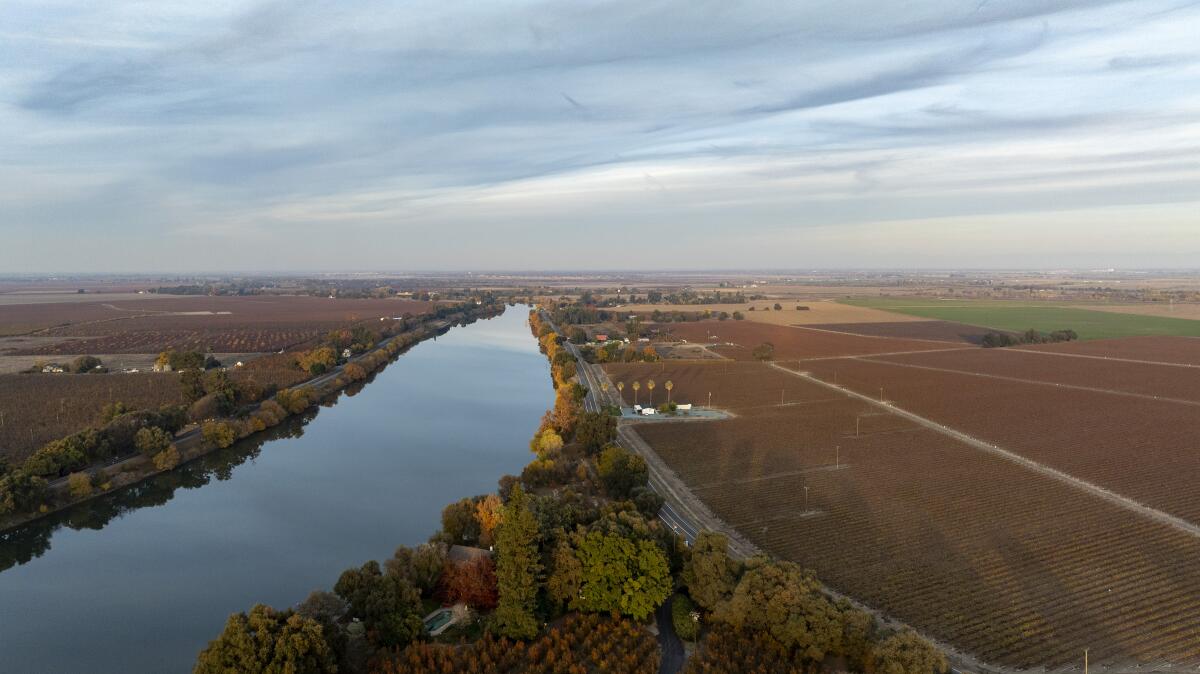
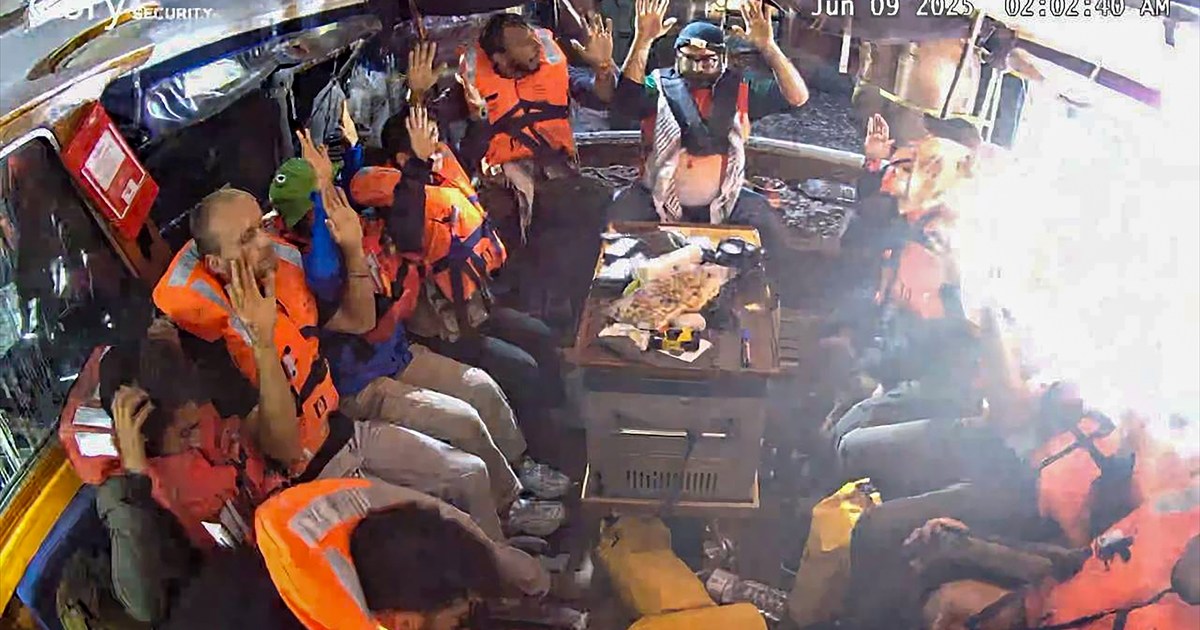
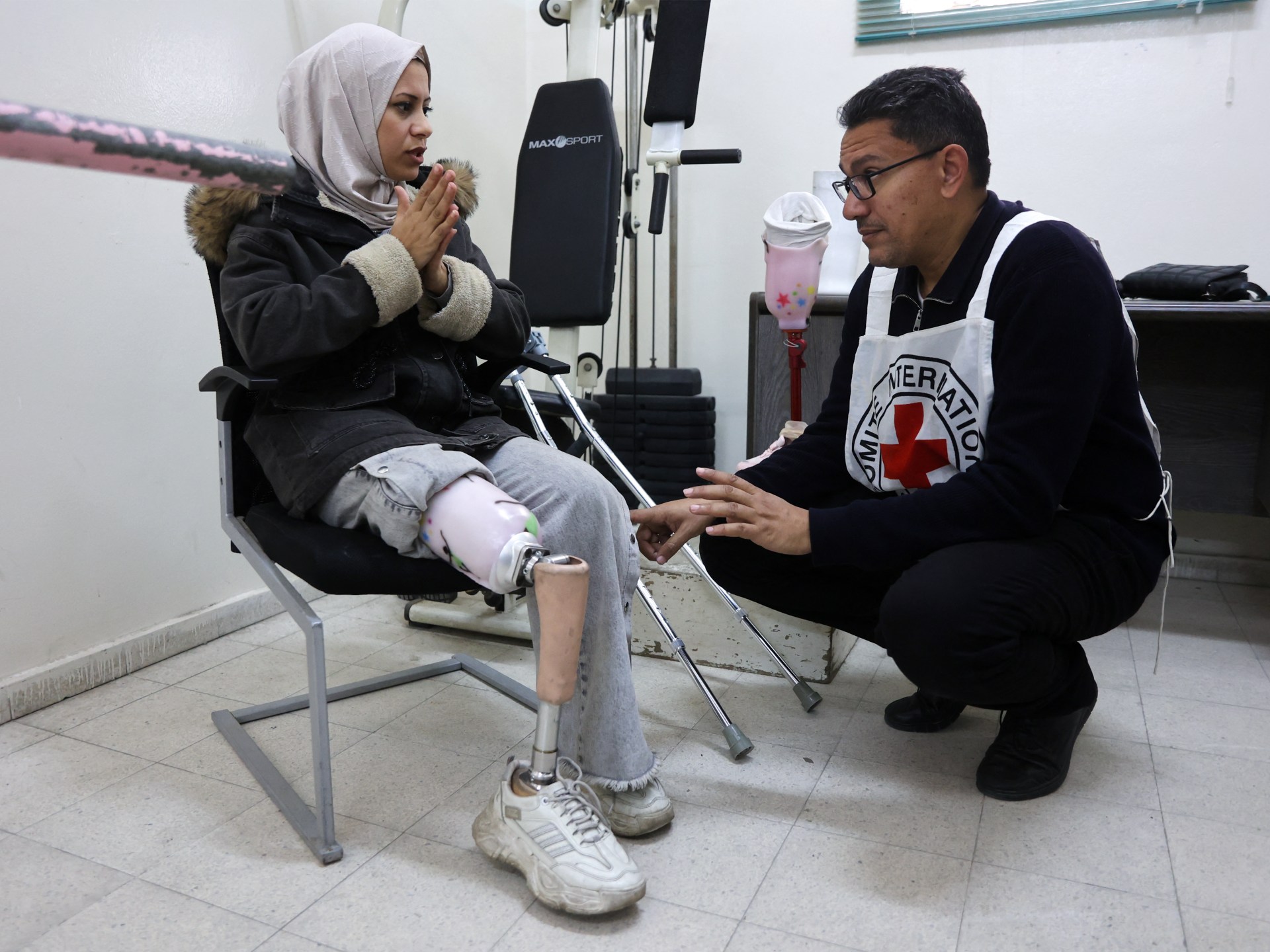
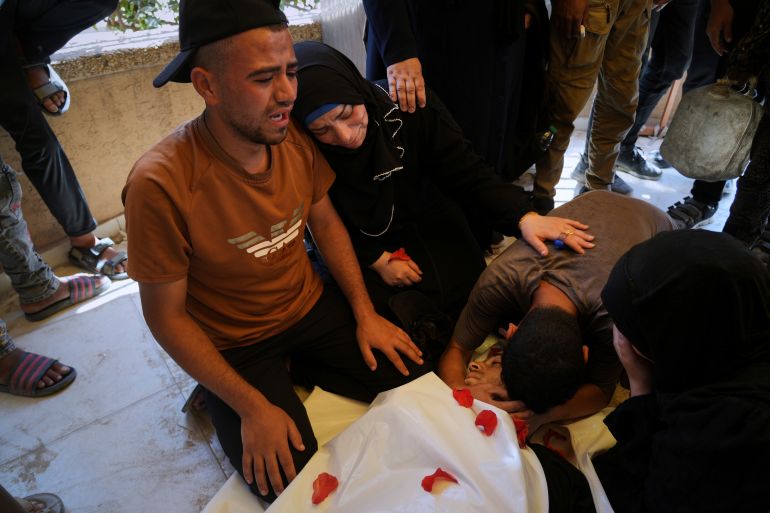
![Palestinians mourn over the body of Ahmed Abu Hilal, who was killed while on his way to an aid hub in Gaza, during his funeral at Nasser Hospital in Khan Younis, in the southern Gaza Strip, on Sunday, June 8, 2025. [Abdel Kareem Hana/AP]](https://www.aljazeera.com/wp-content/uploads/2025/06/AP25159513055391-1749393552.jpg?w=770&resize=770%2C513&quality=80)
![People carry relief supplies from the Gaza Humanitarian Foundation (GHF) on June 8, 2025. The UN and major aid organisations have refused to cooperate with the GHF, citing concerns that it was designed to cater to Israeli military objectives. [Eyad Baba/AFP]](https://www.aljazeera.com/wp-content/uploads/2025/06/AFP__20250608__49L8364__v1__HighRes__PalestinianIsraelConflictUsGazaAid-1749381980.jpg?w=770&resize=770%2C513&quality=80)
